Suicide Prevention: Know the Signs [web resource]
 Every day, Californians struggle with emotional pain. Pain isn’t always obvious, but most suicidal people show some signs that they are thinking about suicide. If you see even one warning sign, step in or speak up. Take the time to learn what to do now, so you’re ready to be there for a friend or loved one when it matters most. You have the power to make a difference – the power to save a life. Read more ›
Every day, Californians struggle with emotional pain. Pain isn’t always obvious, but most suicidal people show some signs that they are thinking about suicide. If you see even one warning sign, step in or speak up. Take the time to learn what to do now, so you’re ready to be there for a friend or loved one when it matters most. You have the power to make a difference – the power to save a life. Read more ›




 Trying to tell the difference between what expected behaviors are and what might be the signs of a mental illness isn’t always easy. There’s no easy test that can let someone know if there is mental illness or if actions and thoughts might be typical behaviors of a person or the result of a physical illness.
Trying to tell the difference between what expected behaviors are and what might be the signs of a mental illness isn’t always easy. There’s no easy test that can let someone know if there is mental illness or if actions and thoughts might be typical behaviors of a person or the result of a physical illness.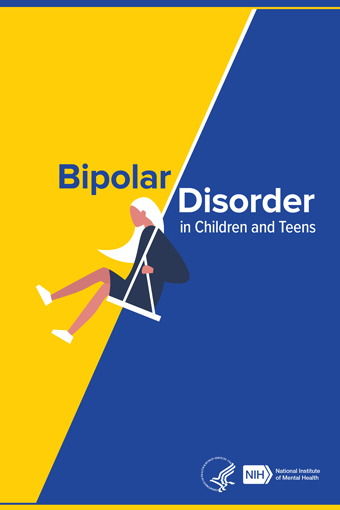
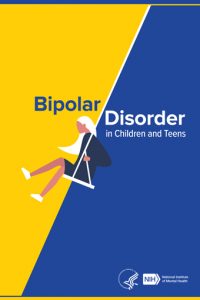 Does your child go through extreme changes in mood and behavior? Does your child get much more excited or much more irritable than other kids? Do you notice that your child goes through cycles of extreme highs and lows more often than other children? Do these mood changes affect how your child acts at school or at home?
Does your child go through extreme changes in mood and behavior? Does your child get much more excited or much more irritable than other kids? Do you notice that your child goes through cycles of extreme highs and lows more often than other children? Do these mood changes affect how your child acts at school or at home? 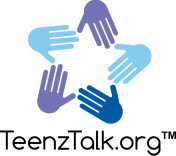
 Nadia Ghaffari founded
Nadia Ghaffari founded 
 Suicides affect millions every year, and the
Suicides affect millions every year, and the 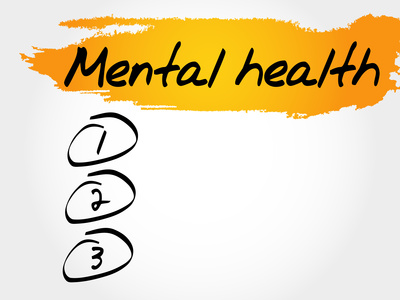


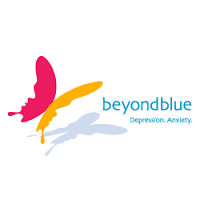
 Established in October 2000, Australia-based mental health website
Established in October 2000, Australia-based mental health website 

